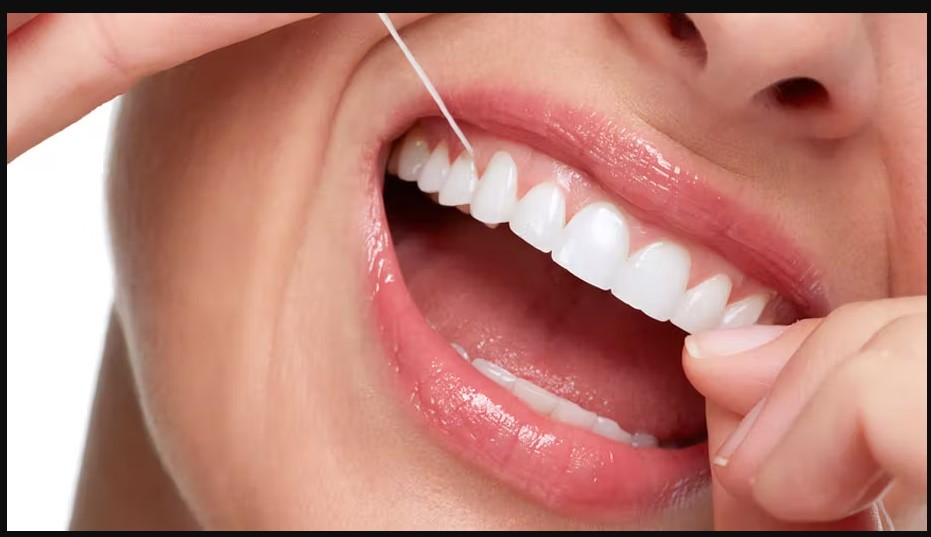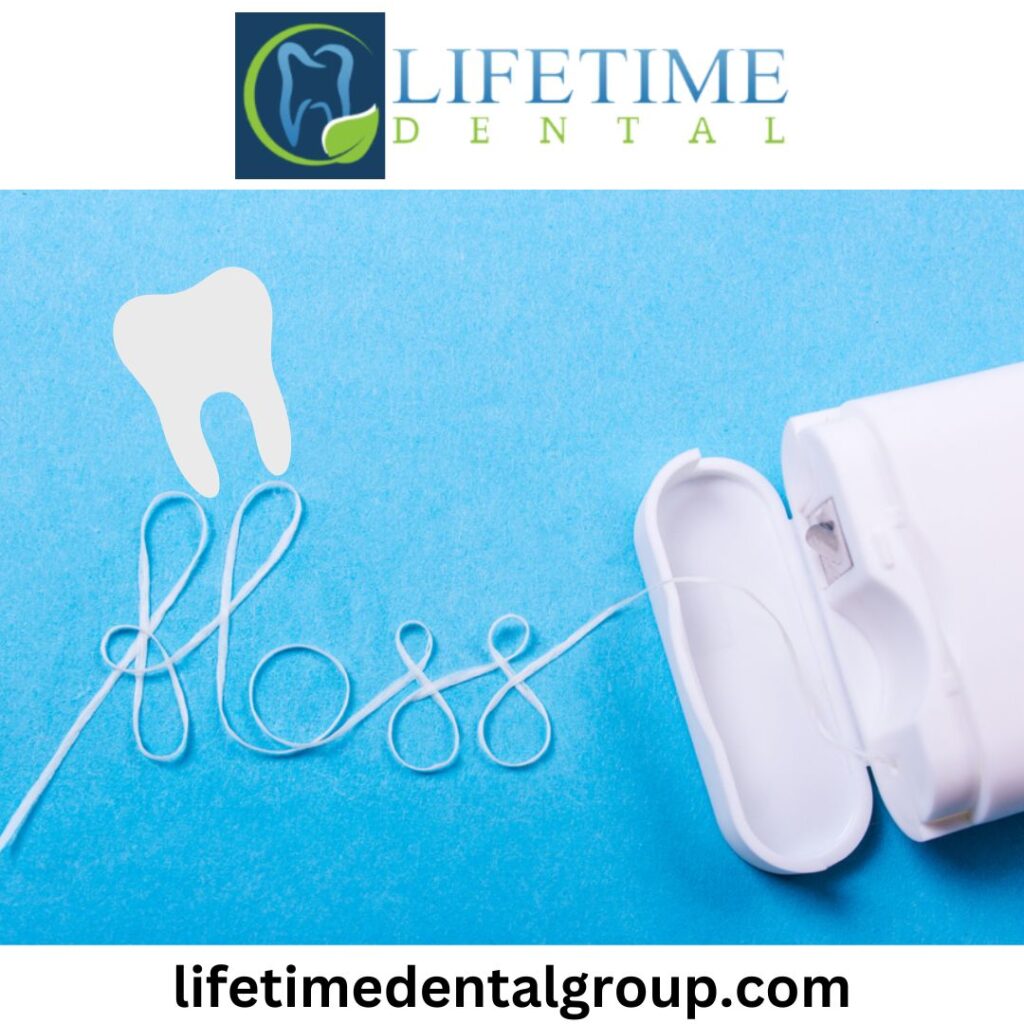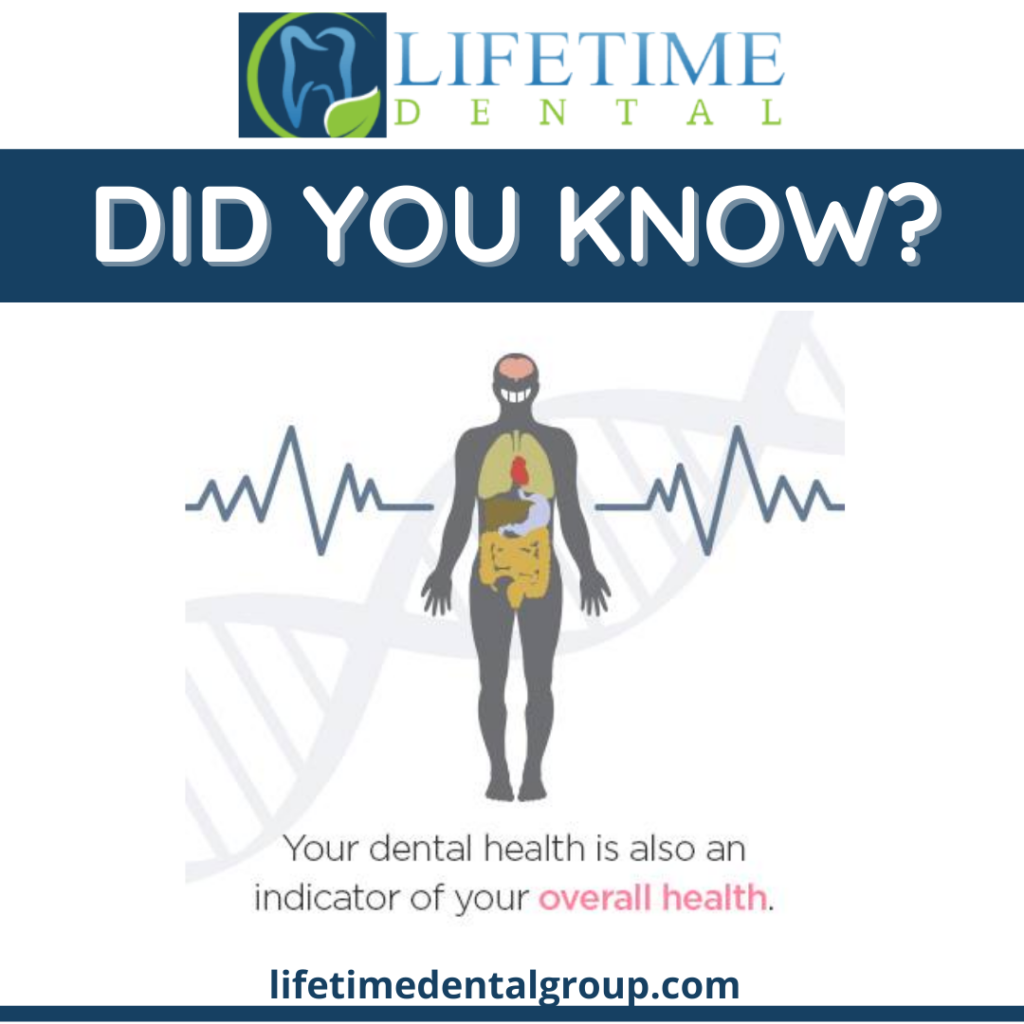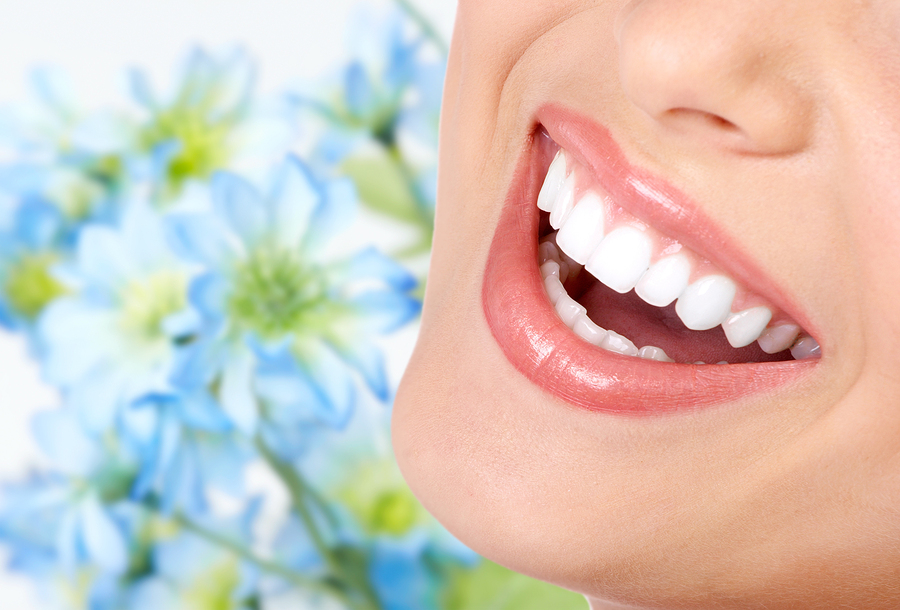Lifetime Dental Group celebrates the opening of 6,000-square-foot West Bloomfield facility.
The 6,000-square-foot state-of-the-art dental facility marks the third location for the growing practice, which has two more locations in South Lyon and Canton. The latter is the original practice opened in 1999, which was originally called David N Kam DDS PC.
“We owe it to the community,” the dentist explains. “The community supports us and we should support them.”
Yet his values go beyond simply a love for supporting Metro Detroit and beyond. In fact, Kam says it’s the driving factor behind his business values.
“We lived in a very Conservative household, knowing right from wrong,” he explains. “The values that I learned growing up, I implemented those same values in my business.”
Kam prides his practice on one distinguishing trait: honesty. “I started my business with nothing,” he recalls, “not even one patient. To grow so big, it’s because we treat people how people deserve to be treated. We do good, honest work at a fair price.”
Between its three offices, Lifetime Dental Group sees close to 25,000 patients and has 60 professionals on staff. Oftentimes, the practice will see people in need who can’t afford standard dental fees.
“That’s what we’ve done for the last 25 years or so,” he says.
Honest Business Values
The new West Bloomfield facility is the latest contribution to the Metro Detroit community and beyond, which Kam says makes dental visits easier for patients in the West Bloomfield or Bloomfield Hills area who previously drove to Canton or South Lyon.
Opened in October, Lifetime Dental Group’s West Bloomfield location is the practice’s most advanced office yet. “It’s high-tech and has every state-of-the-art technology in dentistry,” Kam explains.
This includes special X-ray machines that are able to take X-rays outside of patients’ mouths, digital scanners to create impressions and even massage chairs in every room at the West Bloomfield office.
The goal? To help patients feel more comfortable. “We have digital X-rays, which use 90% less radiation than regular X-rays,” Kam says. “We have the latest in sterilization techniques to make sure that everything is 100% sterile and clean.”
Offering trustworthy services, Kam explains, is the key to being successful in dentistry.
“We are honest,” he says of what keeps his patients coming back year after year. “When people come to us for a second opinion after seeing another dentist, we often find they don’t need [expensive services] that other dentists have recommended.”
This saves patients time, energy and above all, hard-earned money. “Dentistry is a very ethical field,” Kam explains, “that people should take an oath for. So, we’re ethical.”
An honest mindset is shared by Kam and everyone who works at the practice, he says. Lifetime Dental Group also offers a Lifetime Dental Discount Plan that serves as an alternative to traditional dental insurance for those who don’t have it, since dental work can be pricey without some type of insurance or discount plan in place.
The discount plan, Kam explains, was a cornerstone of wanting to form his own practice after earning his doctorate from the University of Detroit Mercy School of Dentistry in 1996.
“I had a philosophy where I knew what I wanted,” he says, “and that was opening an office where if you don’t have dental insurance, we could have a good, in-office discount plan, and an office that takes most insurance networks.”
Now nearly 25 years after launching his dream practice, Kam says he and his team have achieved that goal. “We provide excellent service without cutting any corners.”
Changing One Smile at A Time
Currently, Lifetime Dental Group offers a number of services that include teeth cleanings and fillings, dental X-rays, root canals, dental crowns and bridges, and dental implants. They also treat gum disease, dental emergencies and perform dental extractions.
Kam explains there are orthodontists, endodontists and periodontists available to see in their practices, which isn’t common for general dental offices to have on staff.
Yet amongst many services and specialties, Kam says the most rewarding part of the job is the ability to change or improve a person’s smile.
“We do a lot of smile makeovers where we transform people’s smiles,” he explains. This can include people who have broken teeth, stained teeth and other concerns that might prevent them from wanting to smile. “We give them a beautiful movie-star smile.”
Kam says some patients have even been in tears to see the results. “Whether they’re a grown man or a young woman, they just can’t believe how happy they are,” he describes.
For many, smiles are an extremely personal trait. “It’s changed their lives. They could smile now, and they feel confident. Their teeth look good, and they feel good in return.”
Maintaining A Philosophy
These important and often life-changing relationships that Kam and his staff build is what makes patients stay with Lifetime Dental Group over the decades.
Brian Kaufman of Bloomfield Hills, who has been a patient at Lifetime Dental Group for five years, says the practice’s attention to every detail is what makes them stand out.
“They’re always available and happy to help when needed,” he says. “There are no expenses spared to provide every patient with the most advanced technology.”
It’s a feeling, Kaufman says, that patients can experience from the lobby when they walk in through the front door to each treatment room. “Everything is done with the patients’ comfort in mind,” he adds.
Robyn Presser, 53 of West Bloomfield, agrees. “Lifetime Dental Group has been more than just a dental office to myself, my husband and my two boys,” she says. “It’s a part of our family.” A “lifetime,” she explains, is exactly how long she’d like to be a patient.
“They make you feel comfortable and at home,” she continues. “The decor, machines, technology and staff are all state-of-the-art.”
Kam says that if all goes well with the new West Bloomfield location, he plans to continue expanding Lifetime Dental Group shortly.
“We have the same philosophy,” Kam says of every expansion. “To provide the best service at the best price.”
 Beyond the Brush:
Beyond the Brush:

 Use and Care for Your Aligners
Use and Care for Your Aligners Here are a few flossing facts for you to think about.
Here are a few flossing facts for you to think about.
